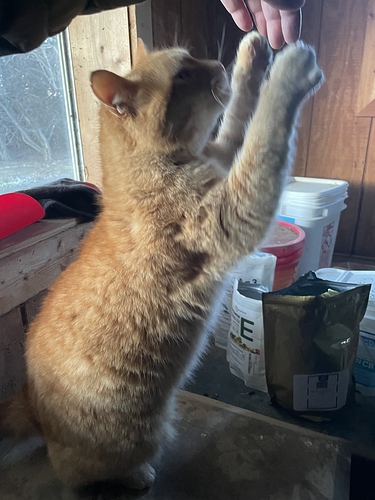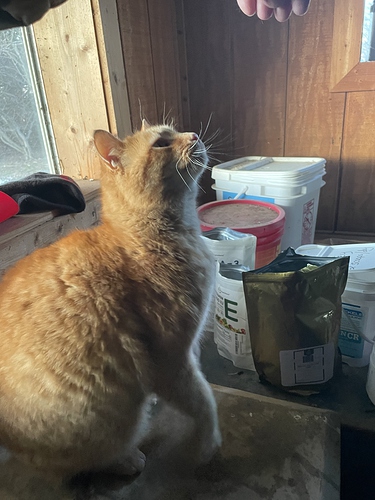Although these numbers will vary quite a bit depending on your location and services offered… yeah. Hey 101 kind of has this right. I believe there are big changes ahead for many folks that board horses, and recent inflation only plays a part. Another huge factor is the cost of labor which has shot up in the Covid times… and of course, the value of land.
Sometimes boarders think barn owners are ‘making bank’ because they know the cost of a bale of hay, and a bag of shavings. What they don’t know are all other others costs for things it takes to keep a nice barn going. If you ever really want to know, ask your barn owner how much they spend on water and electricity and labor and diesel and fly control and manure disposal and insurance and tractors and drags and water wagons and manure forks and waterer parts and fertilizer and grass seed and drills and mowers and almost-daily trips to the hardware store and worker’s comp insurance, and supplies for their helpers and irrigation supplies and trash disposal and toilet paper and hand soap and replacing stall mats and light bulbs and rodent control and footing replacement and jumps and obstacles and new feeders and stall gates and fencing and hand tools…you get the picture.
Running a barn is like running a small school or factory- there are a lot of things that need to be done consistently to keep it humming along And it also take some skilled or at least very experienced labor to keep it going too. When my local McDonald’s has a banner that says “Starting $16/hour” rest assured I can’t get someone to show up and clean stalls for less than $18… plus insurance, vacation pay, and benefits. And overtime, since the horses want to eat and poop on the weekends.
Suburban horsekeeping will still be possible but competition’s going to get keener and keener for the remaining places to keep horses that are in areas desirable for those who live or work near bigger cities. Prices will rise based on increased costs and reduced availability… it’s going to be painful and some folks will either have to move their horses where they can’t see them often, or forego horse ownership all together.
Just a reminder, however- your barn owner is not obligated to make your horse life possible. Many of us who board horses have figured out it’s a break-even business at best if we want to have a nice place for your horses, and we do it because we love horses and it’s a neat lifestyle. But it’s not a way to retire to a life of leisure. We have all been land-banking for decades or even generations, and with real estate prices (and their related property taxes) far higher than they’ve ever been in most places- many folks will reach the obvious conclusion that now is a good time to step away from this exciting but exhausting lifestyle.
At a certain point- we get tired. We’re either tired of the hassles (many of which are invisible to most boarders and not barn drama related) or family changes mean we need to sell the farm. Land values are sky high- its the right time for many of us to downsize, and just as with the aging-out of baby boomer riders, many baby boomer barn owners are also the age when we realize we physically can’t, and emotionally don’t want to, continue to care for a lot of horses that we don’t own. This is a draining business, with a lot of risk, and huge startup costs.
And as barns close, new boarding situations are not rising up to replace them all. I had lunch with my barn sales rep a couple weeks ago, and the average price of a stall in a prefab/modular barn, like most of us use out west, is now about $13,000. Per stall. That’s no grading, no plans or permits, no water or electricity, and no furniture like mats, feeders, and waterers. Just the walls, roof, installation… if we make $100 per horse per month (and most of of us make far less) then it will take us almost 11 years just to pay for the structure your horse lives in. That’s why you see very few new boarding facilities… it makes no financial sense.
It’s been a grand adventure and most of us consider it an honor to have created nice stables and been witness to a lot of horse-related wonder that look place just outside our window. But as we retire from our ‘real jobs’ that subsidized boarded horses on our farms, the break-even model just doesn’t work any more for many barn owners.
And this next generation of equestrians who would like to buy our farms and keep them going often reach the same conclusion: you can’t do it. Paying ‘real money’ and having a mortgage for a farm can’t be supported by most boarding operations. (Boarding and training, yes, in many instances, but not pure boarding.) So these heart-made stables get developed or turned into private farms with deep-pocketed owners who often choose not to board.
This isn’t true for all barns in all areas, but it is a rising fact in many places. It saddens me that the mostly-affordable barns and horse-life options I grew up with are changing quickly, and I see far fewer options, with much higher price points, in the near future for many boarders who have long enjoyed their horses living at nice farms that did not have to support a mortgage. But I’m looking forward to my next phase of life, where I don’t have to worry about how to make ends meet for a group of horses I don’t own.




